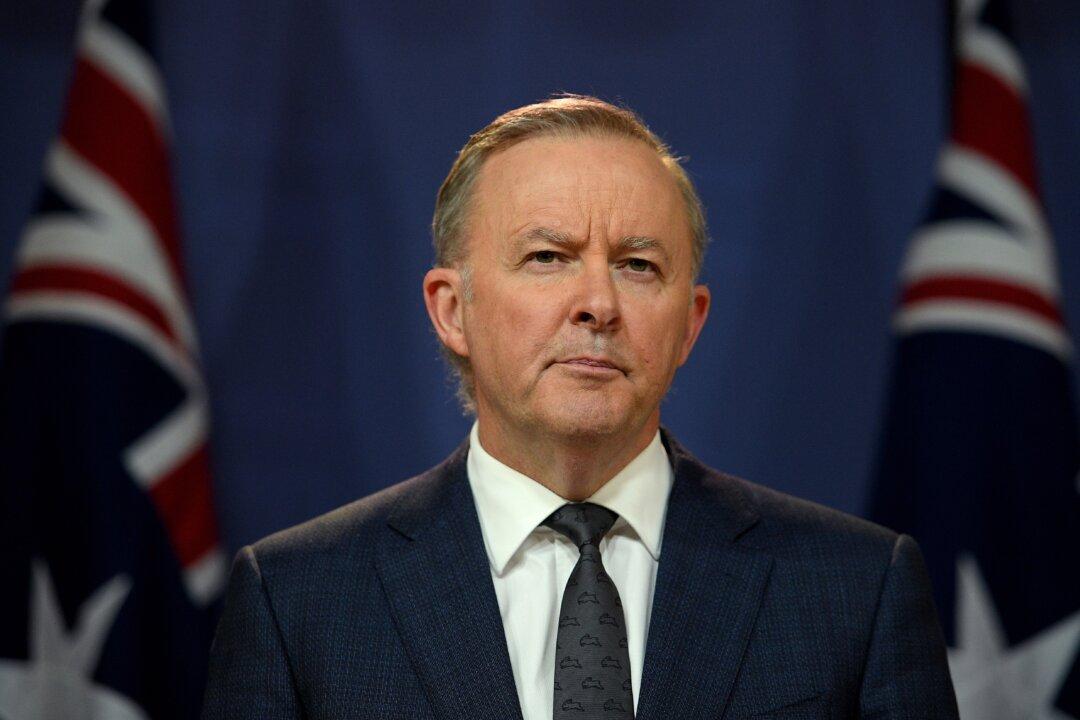The centre-left Australian Labor Party (ALP) has sent the live export industry into disarray after it appeared to back away from an earlier promise to ban live sheep exports.
Labor leader Anthony Albanese said on May 6—just a day after a Labor spokesperson confirmed the ban—that the opposition would not put a timeline on when the party would phase out live exports if it wins government.




